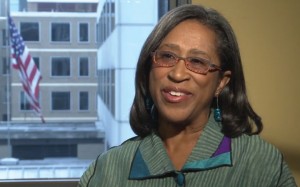Sexual health is the ability to embrace and enjoy our sexuality throughout our lives. It is an important part of our physical and emotional health. Being sexually healthy means:
- Understanding that sexuality is a natural part of life and involves more than sexual behavior.
- Recognizing and respecting the sexual rights we all share.
- Having access to sexual health information, education, and care.
- Making an effort to prevent unintended pregnancies and STDs and seek care and treatment when needed.
- Being able to experience sexual pleasure, satisfaction, and intimacy when desired.
- Being able to communicate about sexual health with others including sexual partners and healthcare providers.
This definition of sexual health represents the ideal toward which ASHA works. But how close do we in the United States come to this ideal? Is the U.S. a sexually healthy nation? If not, what more can we do to be one? What does a sexually healthy nation look like?
We decided to ask a range of individuals, from experts in the field to people on the street, to try to answer that question. As part of commemorating our 100th anniversary in 2014, ASHA produced the video Creating a Sexually Healthy Nation, exploring how our views toward sex and sexuality have changed over the past century.
Going Further
Learn more about the state of sexual health in the U.S. with these extended interviews with experts from the film. Deborah Arrindell, vice president of health policy at ASHA, J. Dennis Fortenberry, professor of pediatrics at Indiana University School of Medicine, Deb Hauser, president and CEO of Advocates for Youth, Debby Herbenick, sexual health educator for the Kinsey Institute, Beth Meyerson, assistant professor at Indiana University School of Public Health, and Michael Reece, co-director of the Indiana University Center for Sexual Health Promotion, offer their thoughts and opinions in the video and in extended interviews.













